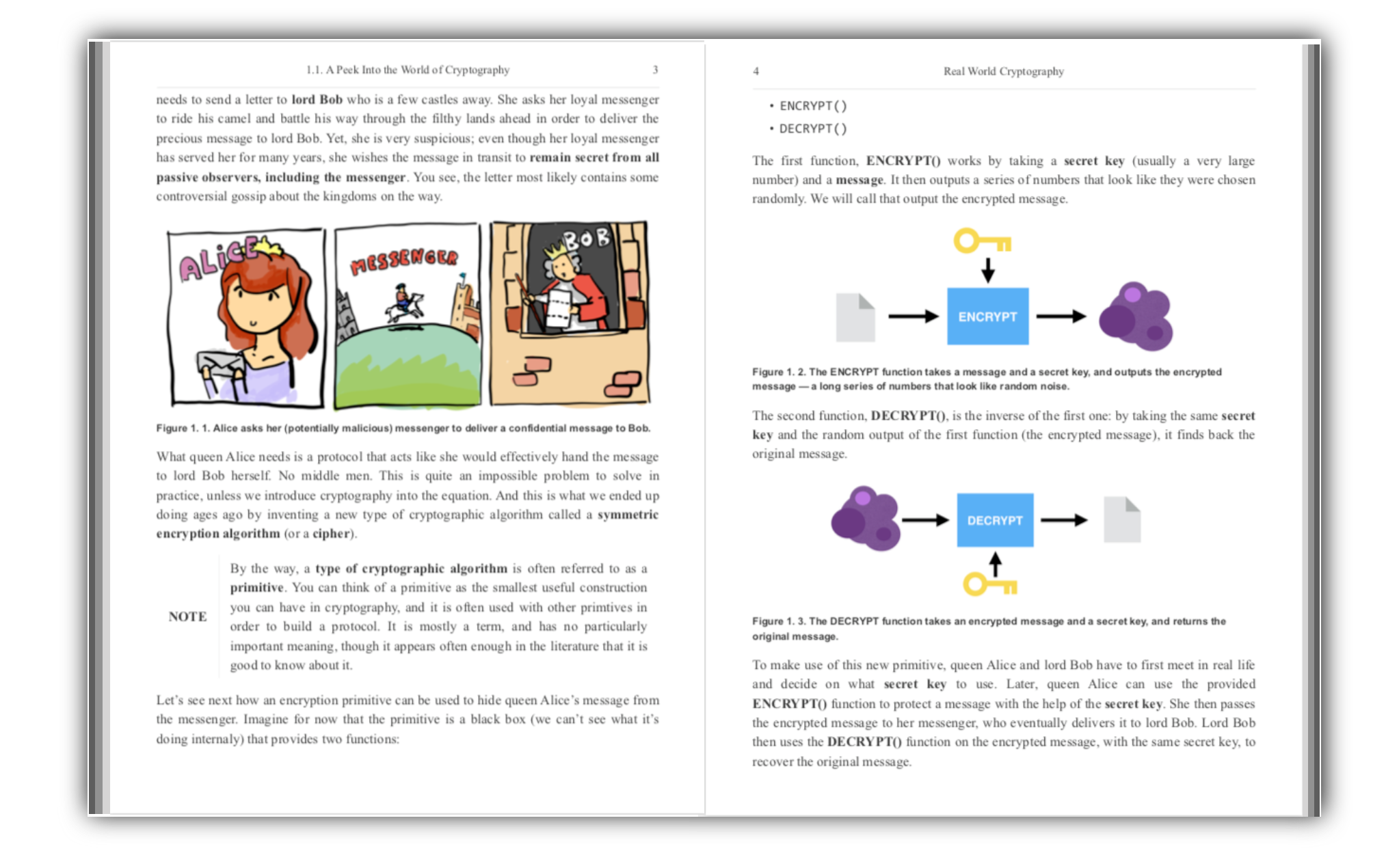What is Host Card Emulation (HCE)? posted April 2021
It’s 2020, most people have a computer in their pocket: a smart phone. What is the point of a credit card anymore? Well, not much. Nowadays more and more payment terminals support contactless payment via the near-field communication (NFC) protocol, and more and more smartphones ship with an NFC chip that can act as a credit card. NFC for payment is specified as Card Emulation. Literally: it emulates a bank card. But not so fast, banks will prevent you from doing this unless you have a secure element.
Since Apple has full control over its hardware, it can easily add a secure element to its new iPhones to support payment, and this is what Apple did with an embedded secure element bonded onto the NFC chip since the iPhone 6. The secure element communicates directly with the NFC chip, and in turn to NFC readers; thus a compromise of the phone operating system does not impact the secure element.
Google went a different route, creating the concept of a cloud-based secure element, named Host Card Emulation (HCE), and introduced in 2013 in Android 4.4. How does it work? Google stores your credit card information in a secure element in the cloud (instead of your phone), and only gives your phone access to a short-lived single-use account number. This concept of replacing sensitive long-term information with short-lived tokens is called tokenization. Sending a random card number that can be linked to your real one is great for privacy: merchants can’t track you as it’ll look like you’re always using a new card number. If your phone gets compromised, the attacker only gets access to a short-lived secret that can only be used for a single payment.
Tokenization is a common concept in security: replace the sensitive data with some random stuff, and have a table secured somewhere safe that maps the random stuff to the real data. Although Apple theoretically doesn't have to use tokenization, since iPhones have secure elements that can store the real Primary Account Number (PAN), they do use it in order to gain more privacy (it's after all their new bread and butter).


Comments
leave a comment...